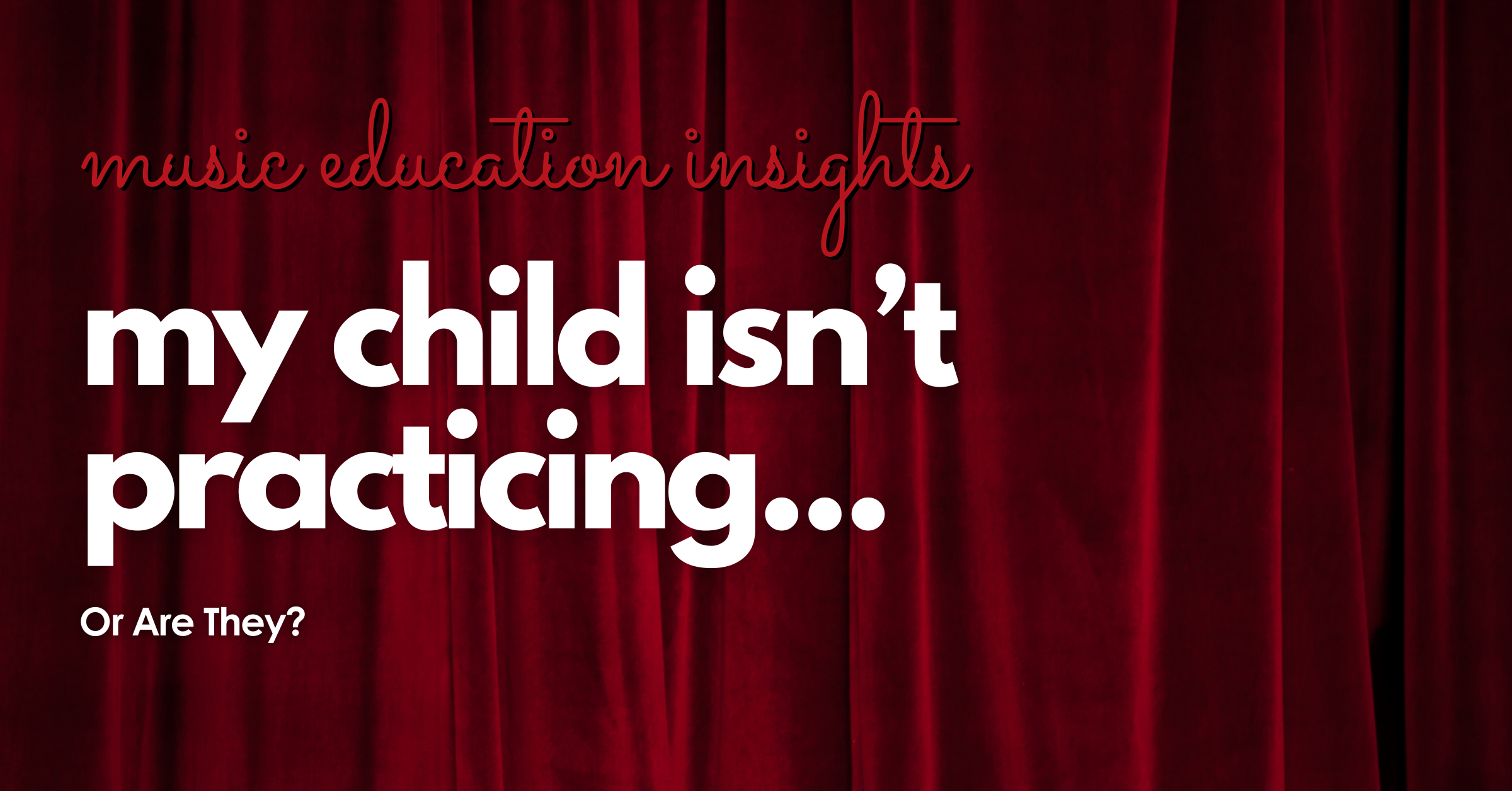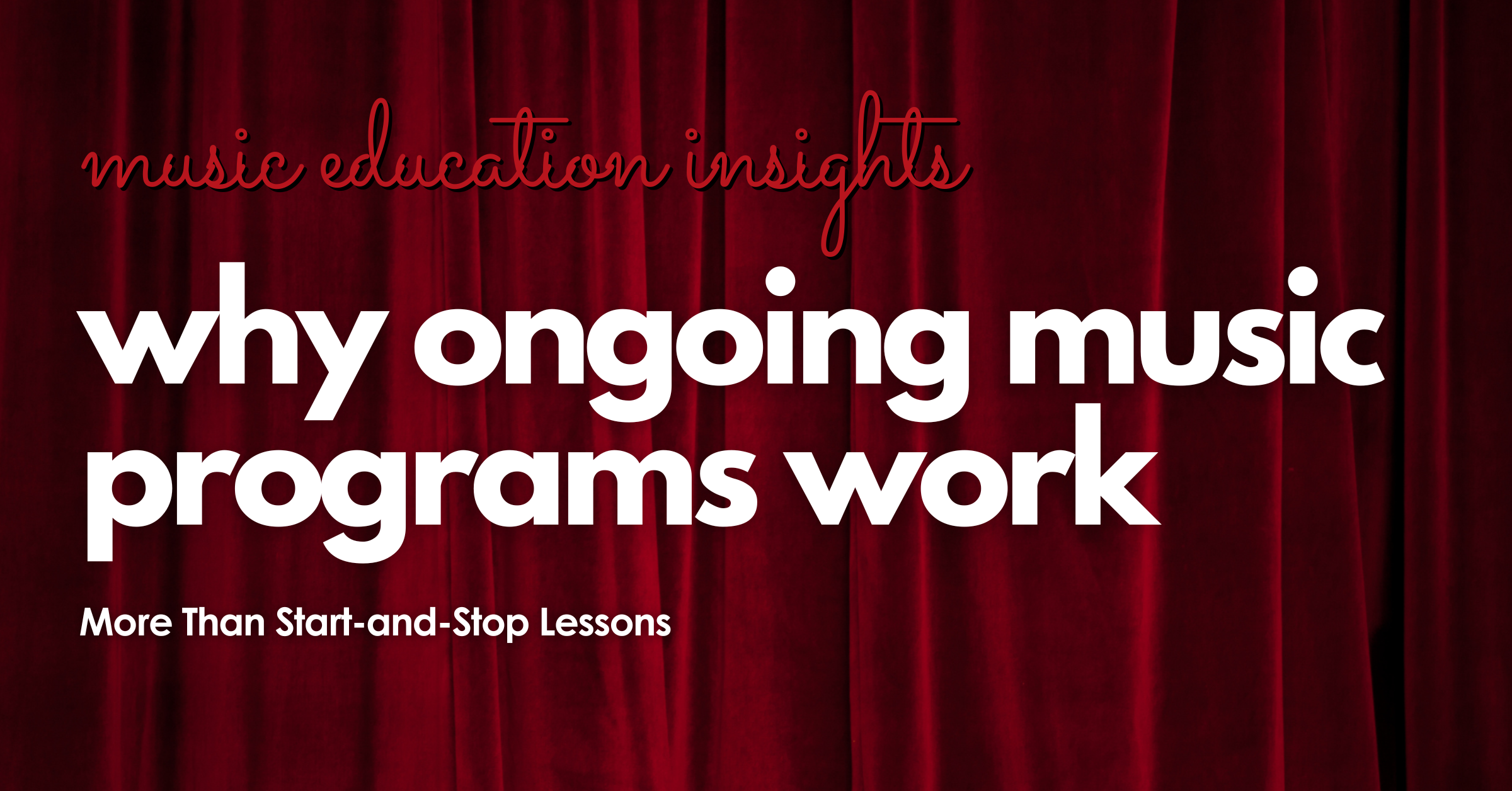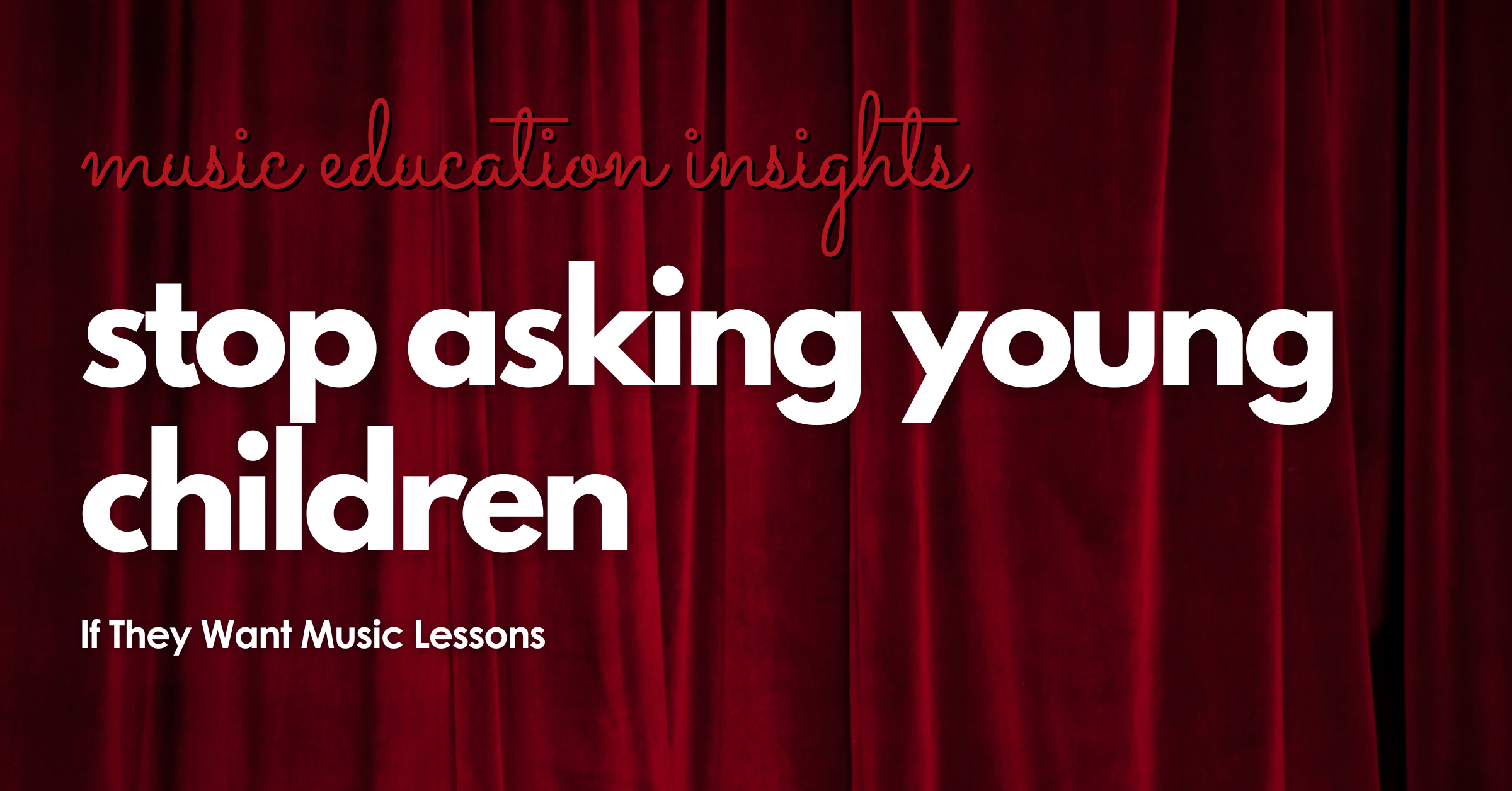In this special Q&A, Mindy Cabral, owner and founder of Little School of Music, shares her story and her passion for music. She explains what motivated her to found the school and what makes it special compared to other music education offerings.
Why did you start the Little School of Music?
I’ve always gotten along with kids. They’re my people. I’ve been teaching private music lessons since I was in high school. In college I began teaching group classes and band classes in private schools and for intercity kids. Parents often told me I was good at teaching, and the idea of sharing what I have learned to make an impact on these young lives seemed like the right thing to move forward with.
My experience in the schools showed me that music education is inconsistent. Some schools have strong music programs while others face budget and staffing issues. I founded Little School of Music to meet kids where they are and give them what they need. Some students need extra help learning the basics while others need more challenges. If they don’t have a school program at all, kids can start here.
What are your credentials?
I attended the Juilliard School in New York and continued my education at USC where I earned a degree in Music Performance. I have my Orff Schulwerk levels I, II, and III certifications from the University of Las Vegas and a Master Orff certification from the University of Memphis under Jos Wuytack (protege of Carl Orff). I am a Royal Conservatory certified teacher and currently serve as First Director for the Music Teachers’ Association of California State Board.
What do you love most about your job?
The kids, of course! I love to see them happy and excited to learn music. It’s so rewarding to watch them progress as they get older. I love how music brings families together. It’s also a way for kids to bond with other musicians their own age. For students in junior high and high school, music is an outlet for frustrations and can be a big help as they discover who they are.
What do you look for when hiring music teachers?
I believe that music should be fun, though it takes work and practice, and I look for teachers who share that philosophy. I also appreciate teachers who can recognize what students need, how they learn, and help them progress to reach their individual goals—whether that’s getting to Carnegie Hall or learning to play Happy Birthday for their friends. We have a diverse faculty covering instruction for all instruments and voice, so we can really match the teacher to the student.
What exciting things are happening in 2018?
Performance ensembles have taken off. Being in a band offers a positive, non competitive environment for students and teaches so many valuable life lessons. There are many performance opportunities as well, such as our upcoming show at The Canyon opening for “The 5th Dimension” and our Anaheim Music Festival spring trip to Fullerton College and Disneyland! Our Stage Bands and Rock Orchestra will be performing there! We’ve also seen growth in our homeschool program, which is a great way for kids to learn musical and social skills through organized cooperative learning.
Any success stories to share?
There are many success stories. Two twin girls, Nicole and Michelle, who started here in our Little Mozart class when they were five are about to enter their senior year of high school! I am so proud of both girls. They have grown to become very intelligent, talented young ladies and are now learning to drive! They both play flute and piano and have participated in Honor Bands, the Royal Conservatory of Music Certificate Program, and hold high leadership positions in the school band program. Being a band kid is part of their identity now, and it’s helped them make so many connections. Another one of my students, a trumpet player, went on to pursue music at North Texas University. He will graduate this year as a Trumpet Performance Major. It’s wonderful to see the positive impact you can have on a young person.
Tell us about some recent accomplishments.
In 2017, Little School of Music officially became fully Accredited by the Accrediting Commission for Schools, Western Association of Schools and Colleges (WASC). This is a huge honor and testament to what we do here and how we do it. Also in 2017, we were voted “Best Music School” by the Santa Clarita Valley Community! We love our community, and this kind of recognition is heartwarming.
Little School of Music became a Founding School and Assessment Center for the Royal Conservatory of Music Certificate Program back in 2012. Our students have participated in the Royal Conservatory Festival of Excellence Honors Recital held at USC, and have received the National Gold Medal for earning the highest marks in the nation for their instrument and level.
We also have a wonderful relationship with the Music Teachers Association of Santa Clarita. We house their beautiful Yamaha C7 Concert Grand Piano in exchange for our facility use for their events. We also have the annual MTAC Strings Certificate of Merit, Southern California Junior Bach Festival, and Federation of Music Clubs events here at the school.
Advice for kids who love music but don’t know where to start?
Understanding what instruments and approaches to learning music are appropriate for different ages is important. I would suggest talking to a professional who understands these variables to help you know what would be best for your child. A guitar, for example, can be painful on the fingers and too large for small children. Starting on ukulele may be a better option. A trumpet requires a certain amount of lung capacity, physical strength, and teeth! We often start our youngest students with singing, percussion, and add in piano for ages 4.5-6 yrs. Young children can learn fundamental musical skills and the language of music before starting more complicated instruments. Music starts with our bodies and our voices first. Then, instruments can be used as an extension or amplifier for expression and color. Group classes are a great way to begin learning these basics. Private lessons allow students to focus on the progress of more individual technical skills on a particular instrument. Music Ensembles combine individuals to create a more social, cooperative musical experience as they learn to listen and play together.
My child got discouraged. Is there anything I can do?
It is natural to have ups and downs when learning any new skill. Don’t give up! If your child is musical but not taking to their instrument, try a new one, or perhaps a new teacher. Sometimes the student and teacher don’t click. Have a conversation with them about your concerns first to see what can be done. Make a change if necessary. You need to find what’s a good fit for you. Someone might be a great athlete but they excel at basketball more than football. Maybe your child is a great musician but would be more proficient playing the flute than the violin. If a child is drawn to a particular instrument and it is age-appropriate, let them play it. They will be more likely to practice, improve, and enjoy the experience.
[et_bloom_inline optin_id=”optin_4″]



